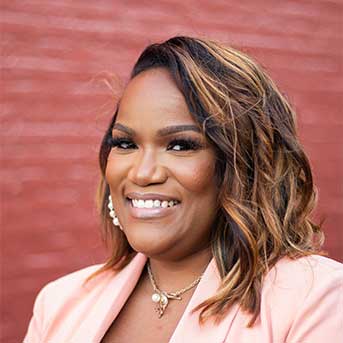
Xanax is a controlled substance under the Schedule IV class of prescription drugs.
Benzodiazepines (benzos), including clonazepam (Klonopin) and diazepam (Valium), are all controlled substances due to the risk of physical dependence that comes with use of the drugs.
Although benzodiazepines have different characteristics and are occasionally used to treat distinct health complications, they all fall under the same class.
Why Xanax Is A Schedule IV Controlled Substance
Xanax is a Schedule IV controlled substance for a number of legitimate medical reasons, but is legally classified as such due to the Controlled Substances Act (CSA) of 1970.
Reasons for this classification by the Drug Enforcement Administration (DEA) include the potential for abuse, illicit production, availability of the drug, risk for addiction, and more.
Potential For Abuse
Even if benzodiazepine prescription depressants are taken as directed, there is still a low potential for dependency and abuse.
Xanax is available online through means of the digital black market, or on the street due to illicit production, in addition to legitimate prescriptions.
Due to the availability of Xanax, and its low price point, it can be obtained without much effort and can be easily abused.
Some drugs, Xanax included, are also abused more than others because of their perceived benefits.
Since this prescription medication is a sedative that produces soothing effects, many people take the drug to calm their nerves, even if they may not need it.
Xanax abuse can also be mixed with other substances to increase short-term effects, like opioids or alcohol, creating poly-drug addictions and increasing the risk for psychological dependence.
Risk Of Dependence
Unfortunately, like alcohol, benzodiazepines like alprazolam (Xanax) and lorazepam (Ativan) are ‘dependency’ drugs.
This means that a person with a Xanax addiction may experience unpleasant and troubling withdrawal symptoms when they try to detox from Xanax.
Some of the symptoms associated with ceasing ingestion of Xanax, once tolerance is developed, include heightened anxiety, restlessness, insomnia, and tremors.
What Class Of Drugs Is Xanax In?
Xanax belongs to a class of drugs called benzodiazepines which are used to treat a number of mental health complications including anxiety disorders and panic attacks.
Unlike Schedule I drugs, like fentanyl or lysergic acid diethylamide (LSD), which are drugs without any real medical use, Xanax belongs to the Schedule IV drug class.
Drugs in this category are generally considered medications with legitimate medical uses and a low risk of dependency which are still commonly abused.
Consequences For Using Xanax Without A Prescription
Under federal law, any person found with illegitimately obtained Xanax, whether brand name or generic, is subject to a minimum $250,000 fine and at least a 5-year prison sentence.
Since it is a controlled substance, there are no loopholes in United States legal code to lessen the severity of these penalties.
Dangers Of Xanax Abuse
There are many dangers associated with Xanax abuse, which include both physical and psychological or mental risks.
Some of the dangerous side effects of Xanax abuse include:
- depression
- delirium
- psychosis
- cognitive impairment
- liver damage
- increased risk of developing dementia
- aggression
- impulsivity
- Xanax overdose
Find Substance Use Disorder Treatment Services
If someone you know is seeking medical advice or is looking to enroll in a program for drug use, call our free helpline today to discuss obtaining a referral to a nearby rehab center today.
Addiction Resource aims to provide only the most current, accurate information in regards to addiction and addiction treatment, which means we only reference the most credible sources available.
These include peer-reviewed journals, government entities and academic institutions, and leaders in addiction healthcare and advocacy. Learn more about how we safeguard our content by viewing our editorial policy.


